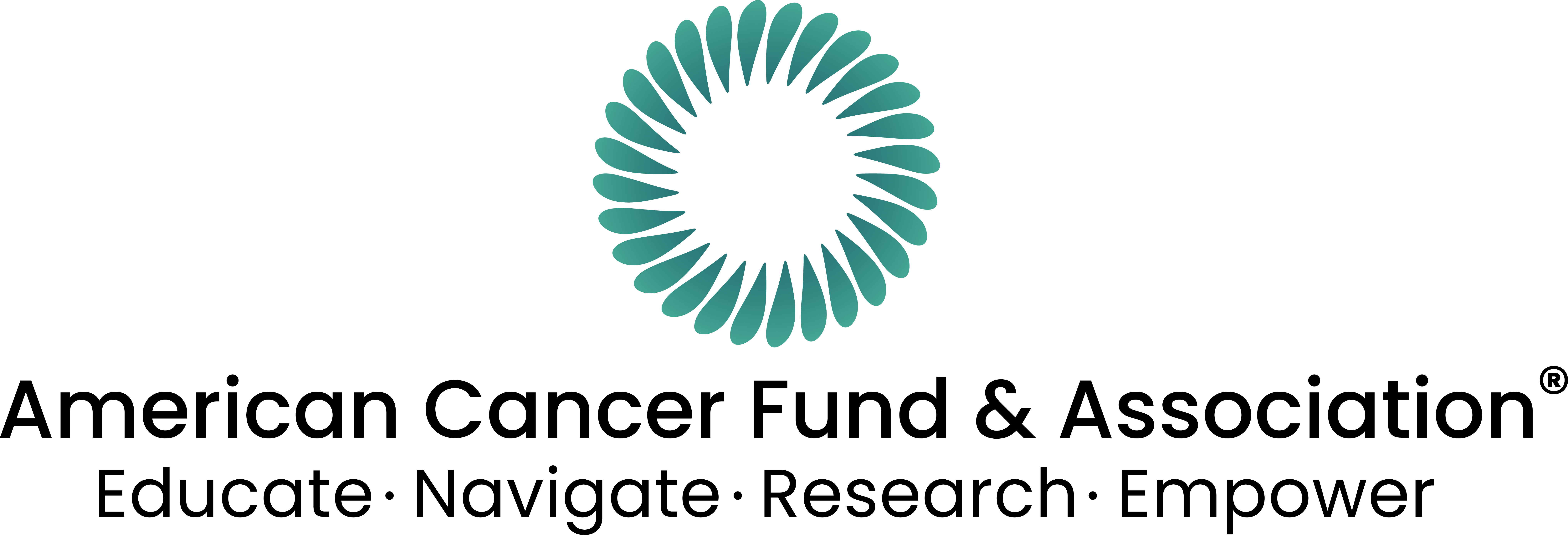What we should or shouldn’t put into our bodies is an issue for those of us who would like to avoid getting cancer. It’s a topic of seemingly endless and sometime contradictory research. How hazardous a particular food may be could vary widely depending on how much or how often you eat it. According to the National Cancer Institute (NCI), here is some food for thought when it comes to cancer prevention.
Alcohol
There is a strong scientific consensus of a connection between drinking alcohol and several types of cancer, including esophageal, liver, breast, head and neck cancers. Research shows the more alcohol a person drinks, especially over time, the higher the risk of developing an alcohol-associated cancer. Data obtained from 2009 shows that an estimated 3.5% of all cancer deaths in the United States (about 19,500) were alcohol related.
Meat Cooked at High Temperature
Two types of chemicals, heterocyclic amines (HCAs) and polycyclic aromatic hydrocarbons (PAHs), form when muscle meat (including beef, pork, fish, and poultry) is cooked at high-temperature, including pan frying or grilling directly over an open flame. High levels of HCA’s and PAH’s have been shown to cause cancer in animal studies, but whether this exposure causes cancer in humans is unclear. NCI suggests avoiding cooking meat at high temperatures, pre-cooking mead in a microwave oven and reducing cooking times.
Obesity and Cancer
It’s not just what you eat but how much of it that can impact your risk for cancer. Eating too much and developing obesity can increase the chances of developing cancer. Being overweight can increase your risk of the following cancers: endometrial, colorectal, kidney, pancreatic, thyroid and gallbladder.
If you want to know if you’re eating the right foods and avoiding foods that may be hazardous, check out this our information on Cancer Fighting Foods. No matter your eating habits in the past, it’s never too late to make changes to help you become as healthy as possible for as long as possible.

